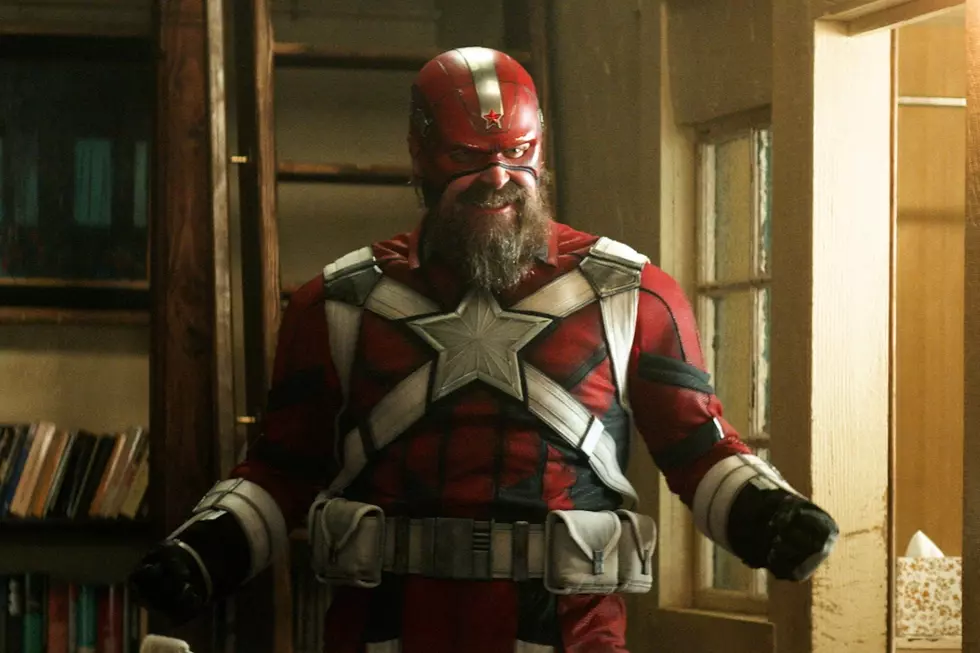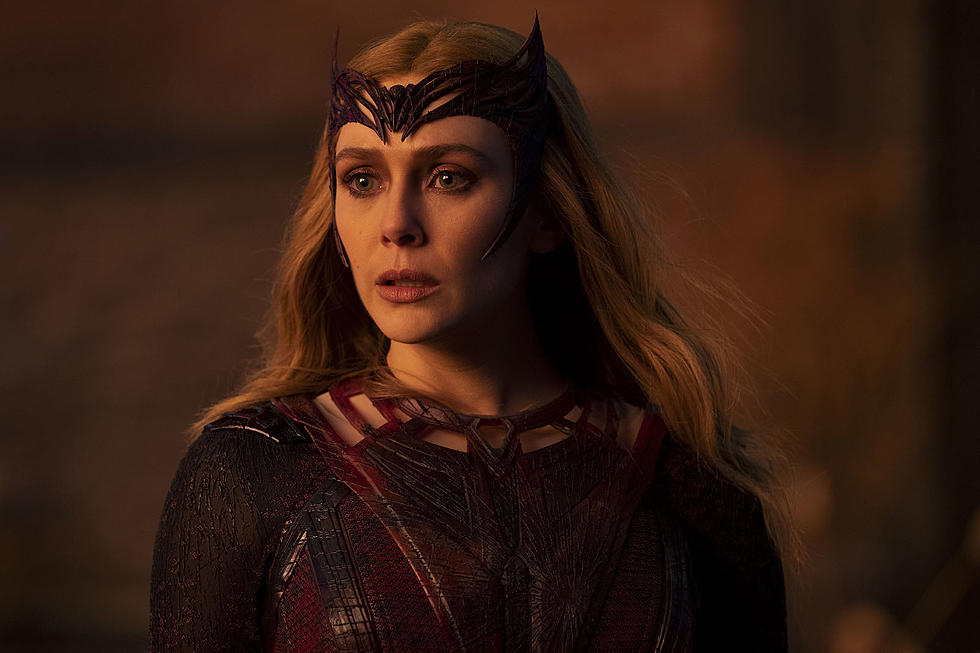
‘Ingrid Goes West’ Review: A Stalker Movie for the Social Media Era
I have a young daughter, and I love sharing pictures and videos of her antics on social media. Occasionally people who follow me online will tell me how much they love my baby or how happy I seem with her. And I am. But it’s not all sunshine and rainbows; I don’t share the moments where she wakes the whole house up at 4AM or has diaper rash so bad that she screams for 10 minutes straight. The line between reality and fiction can get very blurry online — and sometimes the web persona we create is much more appealing than the real thing.
That’s one of the subjects of Ingrid Goes West, a Sundance 2017 selection that updates the stalker movie — like previous Sundance hit Chuck & Buck — for the age of social media. Its title character (Aubrey Plaza) is introduced storming into a wedding and macing the bride in the face because she wasn’t invited to the party. Looking at pictures of the happy couple on Instagram, which Ingrid checks obsessively on her phone, was more than she could bear after the death of her mother. She is clearly not a well person, and Plaza uses her big expressive eyes to convey Ingrid’s barely contained madness.
One restraining order and mental hospital visit later, Ingrid needs a new "friend" to fixate on, and she finds one in a fashion magazine: a social media celebrity named Taylor Sloane (Elizabeth Olsen). Taylor’s Instagram feed is filled with beautiful images of sunny Los Angeles, exotic vegan meals, and chic fashion. With the inheritance her mother left her, Ingrid packs up and moves to Venice Beach. Once upon a time, a stalker would have to peep in someone’s windows or dig through their trash to know what they had for dinner. Now people take pictures of their meals and post them online. If the restaurant pays them enough, they might even tag the place where they ate it. At that point, finding them is alarmingly simple.
In no time, Ingrid recreates herself in her new obsession’s image — shopping at the same designer boutiques, getting her hair cut at the same salon — and then insinuates herself into Taylor’s life. For a while, she is able to maintain a facade of normalcy, and even befriends Taylor and her bohemian artist husband Ezra (Wyatt Russell). But those relationships deteriorate, as things inevitably do in stalker movies (and Ingrid Goes West follows the genre’s formula pretty closely).
There’s value, though, in a modern riff on these ideas, and director/co-writer Matt Spicer has a good handle on how to twist the everyday trappings of internet life into something sinister. (The more we see of Ingrid’s ritual of passively scrolling through Instagram and liking every single photo, the more unsettling it becomes.) And he mixes the horror with dark humor about life in Los Angeles, a place that’s perfectly suited to Ingrid’s preoccupation with status symbols and performative happiness. Most of the film’s best laughs come from Ingrid’s landlord and neighbor, a friendly, Batman-obsessed screenwriter named Dan (O’Shea Jackson Jr., proving with a very charismatic performance that he can do a lot more onscreen than just play his father).
With her blinding smile and bubbly laugh, Olsen makes it very easy to see the appeal in Taylor’s seemingly charmed life (and audiences are sure to draw comparisons between her character and the actress’ fashion icon sisters). Unfortunately, we don’t get to see much of the “real” person behind her online persona; Ingrid Goes West is as selective about what it shares with its audience as Taylor is with hers, and the film’s told almost entirely from Ingrid’s perspective. That P.O.V. has advantages and disadvantages. It makes it easier to see the world through this disturbed woman’s eyes, and even sympathize with her sometimes, but it also keeps the other characters at arm’s length. We know so little about a few of them that they seem to exist only as props to prove Los Angeles’ superficiality.
Though Ingrid Goes West takes some unpredictable turns in its second act, it settles into something much more familiar and predictable in its final scenes. A few other indies, notably Andrew Neel’s King Kelly, have tackled the concept of online celebrity with more subversive edge. Nonetheless, the film works effectively on its own terms as a new variation on a timeless subgenre, and as a warning to people who share their lives freely online. It’s also a reminder that while Instagram is a platform to post pictures, they’re not always complete ones.
More From ScreenCrush









